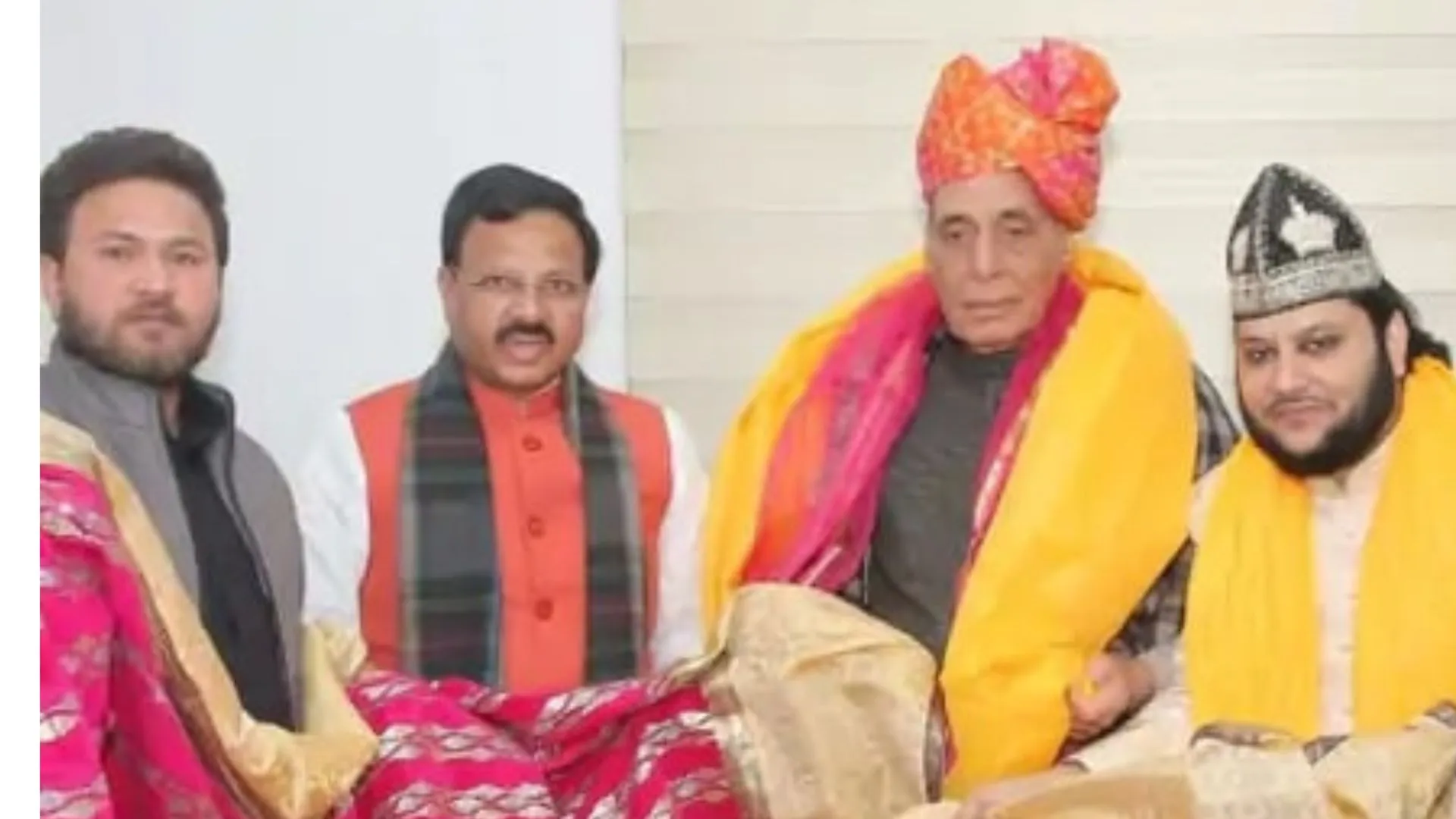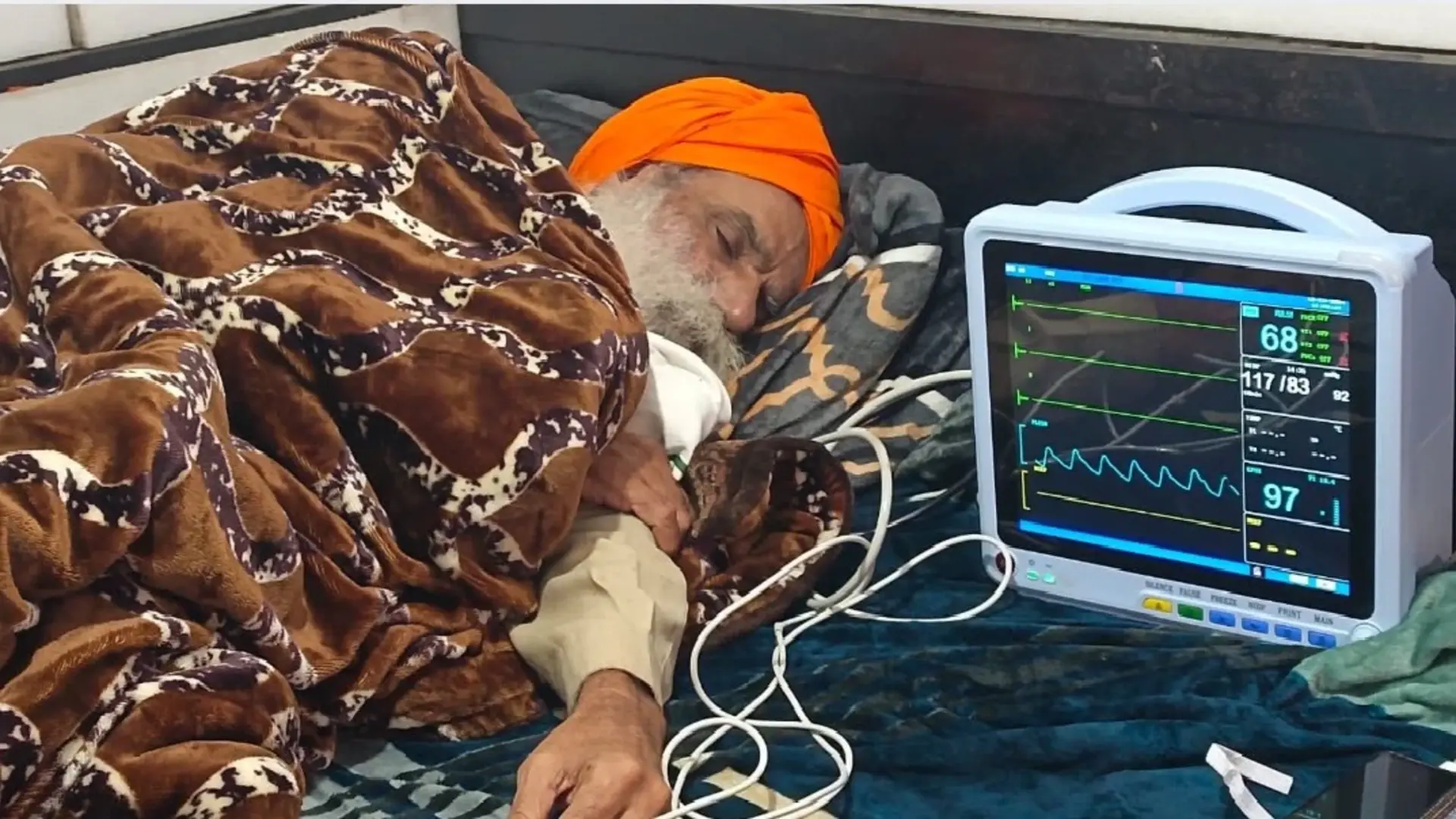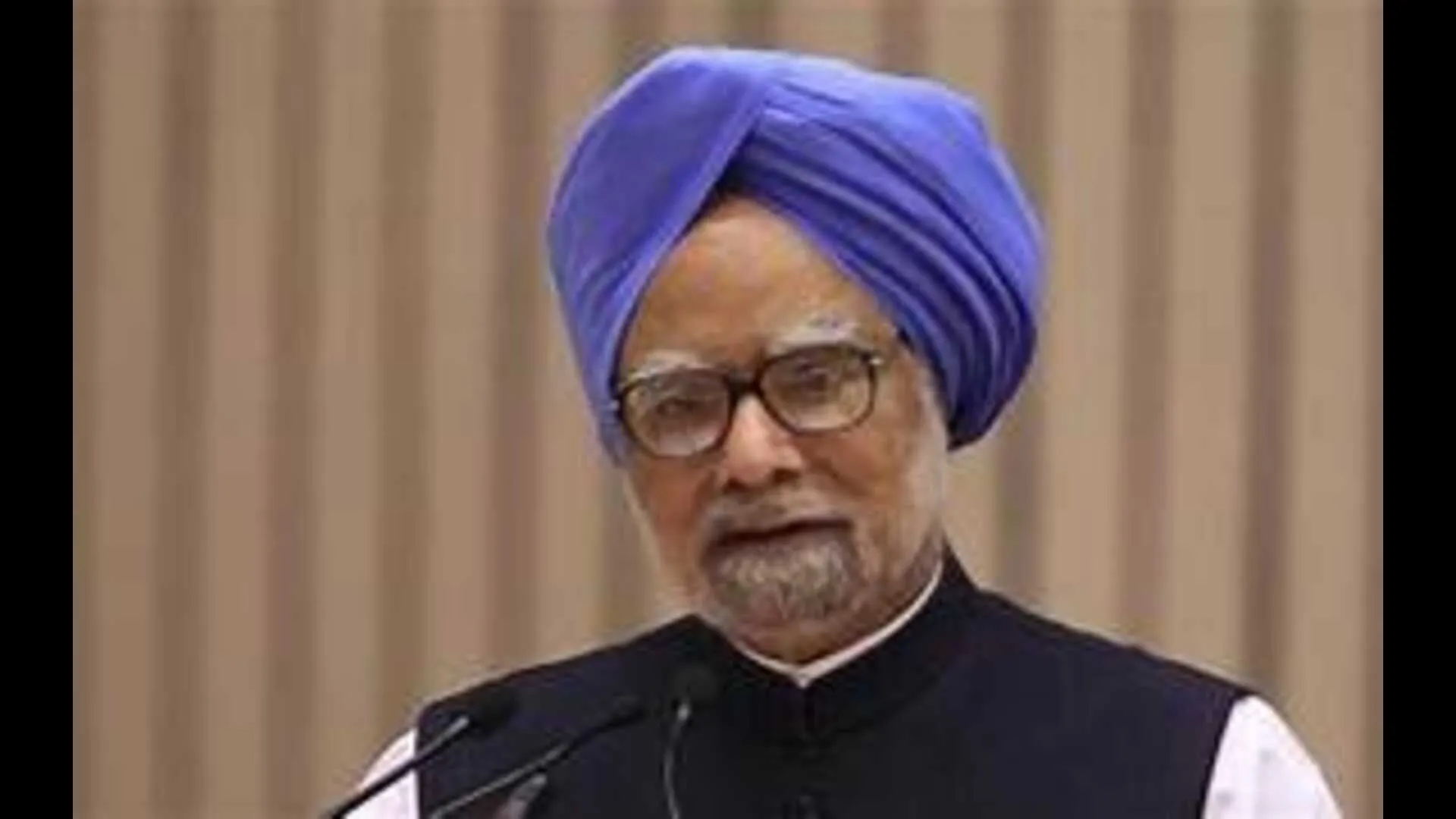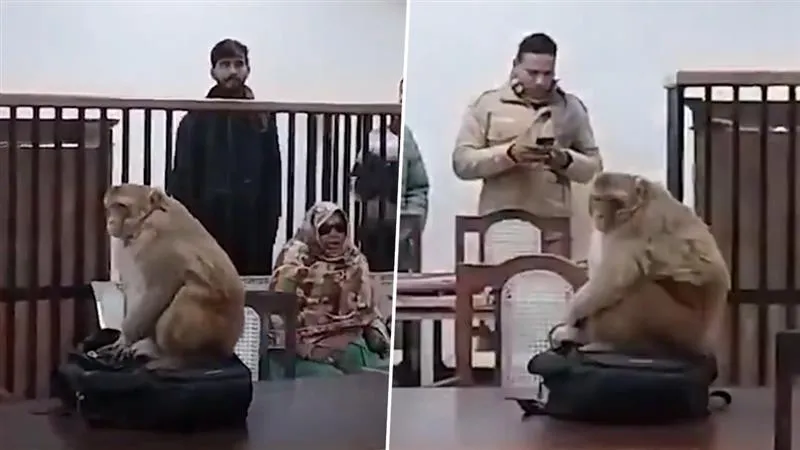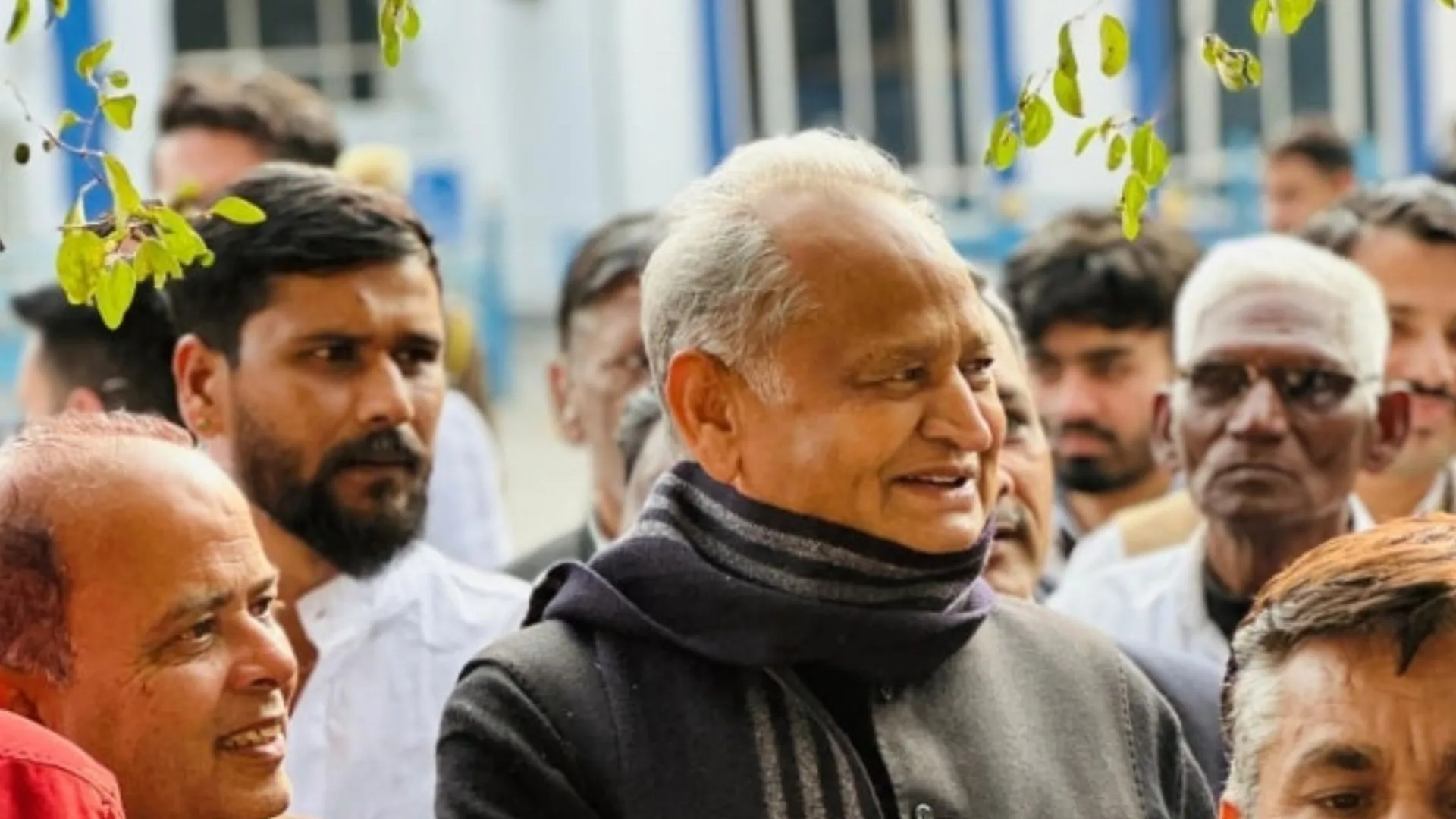Agastya Dalmia, Dir, CEO of Keventers and Managing Trustee of Amba Dalmia Foundation, recently joined NewsX for an exclusive interview as part of the NewsX India A-List and talked about their ongoing initiative to help out the Covid patient and hospitals. Keventers, India’s legendary dairy brand, is running a fundraising campaign in partnership with EduTennis, an initiative of the Amba Dalmia Foundation Trust, to raise Rs. 1 crore to support Delhi-based institutions and grassroots organizations in their efforts to provide vital care to Covid-19 patients. Their main focus is on giving life-saving oxygen to individuals in need in the Delhi NCR area.
Agastya Dalmia began by explaining their ongoing mission to help out the Covid patient and said, “These are difficult times, and as citizens of India, everyone of us has a responsibility to combat this crisis in our respective capacities, We, as a brand, have the resources and connections that we want to leverage and optimize, as well as build up a structure that allows us to do so.”
He further said, “When there was a sudden surge, in the cases of Covid, that led to a breakdown of the infrastructure. There was a lot of stress on the hospitals. There was a sudden unexpected surge, which led to a paucity of oxygen and some other material like ventilators, bipap machines. We all decided to sort of try and work on this problem and to fix it as much as possible. This meant addressing the issue by giving more COVID care facilities like beds, ventilators, bipap, machines, and by giving more oxygenated beds to hospitals, building oxygen generating facilities.”
“We found out that there was a lot of oxygen available in different areas, and due to lack of cryogenic containers and lack of other things, Oxygen wasn’t being able to get transported from one area to another. So an oxygen generation facility enables the hospital to be self-reliant. I think this was a very important step. We need to continue to do this. Even in the future, when a third wave and the fourth wave comes, we are more prepared than we were this time around.”
Talking about the team behind the initiative, Agastya Dalmia said, “It was run by the Keventers team and they helped me in sourcing and in identifying what the hospital needs, what is required on the ground, with various hospitals and certain other NGOs, like, Harmony house. They really helped me pulling together and giving volunteers all sort of transporting materials from one place to another and just speaking to the hospitals and speaking to the doctors, just to understand what exactly, there is a shortage of. For example, one hospital had concentrators but they didn’t have ventilators. It’s really important to just go on the ground and to address that problem.”
When asked about the response they are getting for their initiative, Agastya said, “Quite overwhelming and I’m quite humbled by how much money and how much support we were able to generate. We started off with the aim of achieving 1cr, and now we got around 1.4Cr. This enabled us to give at least 5-7 bed facility in Cantonment General Hospital. We’re also almost finished with the plant situated at Moolchand which will enable the hospital to be self reliant and completely reduce its dependency on external sources of oxygen. We’ve been able to do this much because we’ve had 400-500 donors, and we’ve had a lot of volunteers.”
Talking about the next goal they hoped to attain, Agastysa said, “The best possible way is just to continue talking to more hospitals on the ground, understand what they want, and address their needs. This is how we keep building and because the problem is far from over. Although we have seen a dip in cases in Delhi, this doesn’t necessarily mean that they can’t be asserted again, unless, which would mean herd immunity solves the problem. A high percentage of the population that is inoculated would also solve a problem that will take some time to do. We need to be prepared for more future cases. My next course of action is simply just to go to more hospitals and understand what they want.”
Addressing if there was a single event or tipping point behind starting this initiative, Agastya said “I don’t think there was a specific moment like that. There was a surge in cases of covid as well as lockdown. We really could see that there was a crisis. We just tried to do what we can get addressed, and try to cater to the needs of as many hospitals as possible. So, there was no moment as such but it was just a general way that things were going bad and everyone tried to do their best.”


